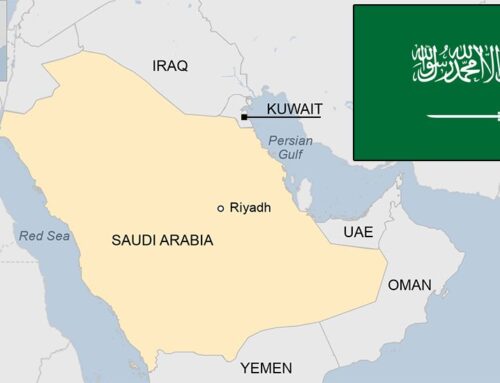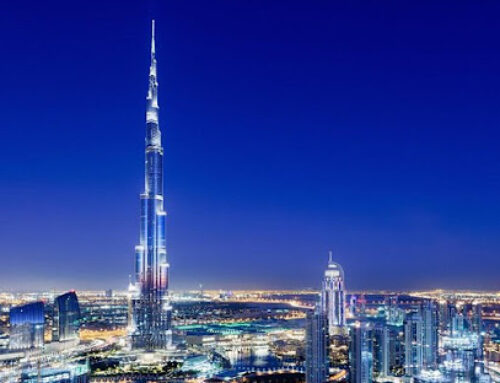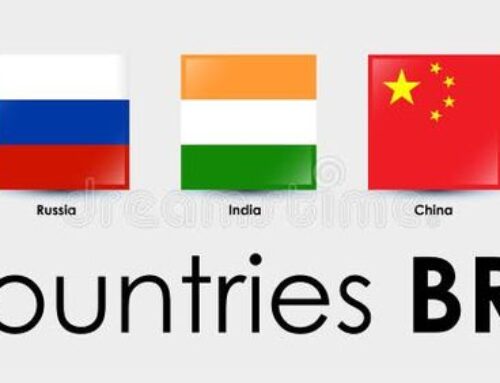
There will be 6 new members in BRICS. Argentina, Egypt, Ethiopia, UAE, Saudi Arabia, and Iran. I wrote about Argentina and I thought others were a worthy addition.
Egypt has a long history of political instability, but the events of 2008 and beyond marked a turning point for the country. The global financial crisis, combined with the Arab Spring uprisings, led to unprecedented political chaos in Egypt.
Egypt After Global Financial Crisis
In 2008, Egypt was hit hard by the global financial crisis. The country’s economy was already struggling, and the situation made things even worse. Tourism and foreign investment declined sharply, and unemployment rose. The crisis led to a decline in demand for Egyptian exports and a slowdown in foreign investment.
As a result of the economic crisis, President Hosni Mubarak’s administration has come under increasing criticism. After over 30 years in office, Mubarak was widely seen as corrupt and disconnected from the concerns of the populace. Massive anti-Mubarak protests broke out in January 2011. The Tunisian Revolution, which had ousted President Zine El Abidine Ben Ali a month earlier, served as inspiration for the protests. 18 days of protests in Egypt ultimately resulted in Mubarak’s resignation. He was superseded by a military committee that said elections would take place in six months.
Mohamed Morsi, a Muslim Brotherhood member, won the presidential election in June 2012. The term of Morsi’s president was brief. He was ousted in a military takeover directed by General Abdel Fattah el-Sisi in July 2013. Since then, Sisi has entrenched himself as a despot. He has arrested thousands of his opponents and cracked down on criticism. Egypt’s distance from the rest of the world has grown as well.
The impact of the war in Ukraine
The war in Ukraine has further exacerbated Egypt’s economic problems. Egypt is a major importer of wheat and fertilizer from Russia and Ukraine, and the war has led to a sharp increase in the prices of these commodities. This has pushed up food prices in Egypt and made it more difficult for people to afford necessities.
The war has also hurt Egypt’s tourism sector. Russia and Ukraine are two of Egypt’s largest tourism markets, and the war has led to a significant decline in tourist arrivals.
Since 2008, many things have altered in Egypt’s political shambles. First, there is a growing polarization in the nation. There is a widening gap between Islamists and Secularists, and mistrust of the administration is rising. Second, the military is now stronger. Since Mubarak was removed from power, the military has grown to be a significant force in Egyptian politics. Third, repression has increased throughout the nation. The regime of Sisi has repressed opposition and imprisoned many of his rivals. Egypt’s distance from the rest of the world has grown as well.
Economic issues
Some of Abdel Fattah el-Sisi’s actions were positive. Egypt’s infrastructure needed to be updated, but the New Suez Canal Project was the incorrect method to go about it.
The New Suez Canal Project is a bold move by the Egyptian government to boost the country’s economy. The project involves the construction of a new canal parallel to the existing Suez Canal, which was built in the 19th century. The new canal will be 72 kilometers long and 294 meters wide. It will be able to accommodate the largest ships in the world, including the new generation of mega-container ships. The project is expected to cost $6.4 billion and is scheduled to be completed in 2023. It is being funded by a combination of government and private investment. The Egyptian government believes that the New Suez Canal will increase the country’s earnings from canal tolls by up to $13.5 billion per year. It is also expected to create hundreds of thousands of new jobs.
New Capital city
The Egyptian government’s new capital city project, which was launched in 2015, was supposed to be a symbol of the country’s progress and prosperity. However, the project has been plagued by problems since its inception, and it has now become a major economic burden for Egypt.
The new capital city is being built in the desert, about 45 kilometers east of Cairo. The project is expected to cost over $50 billion, and it is scheduled to be completed in 2030. The project has been criticized for several reasons. The biggest of which is its cost. The project is very expensive, and it is not clear how the government will finance it. The government has already had to borrow billions of dollars to fund the project. The project has also harmed Egypt’s economy and its people.
The government has had to divert funds from other areas to finance the project. This has led to cuts in public services and has harmed the economy’s growth rate. The government has forced thousands of people to relocate from their homes to make way for the new city. Many of these people have been displaced from their jobs and have lost their livelihoods.
The project is expensive, corrupt, and environmentally damaging. It has also had a negative impact on the lives of ordinary Egyptians. Recently J P Morgan put Egypt on watchlist from its Government bond index. China and the UAE were investors in this project. they left.
The question is why China is ready to add Egypt to BRICS but not finance its new capital city.



